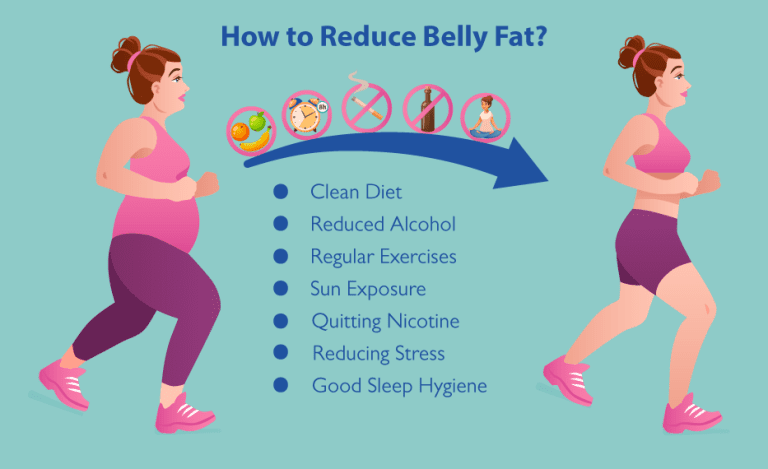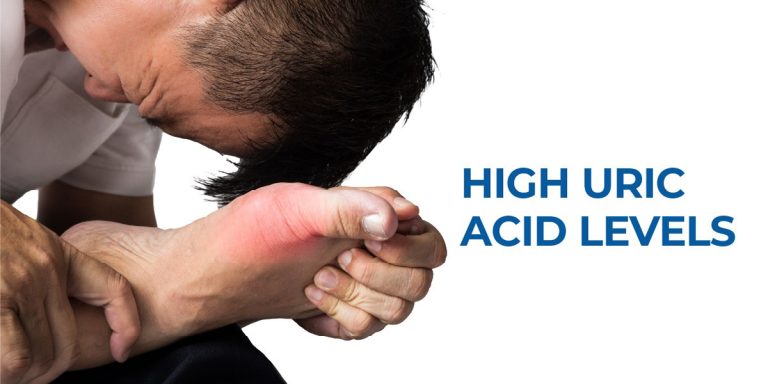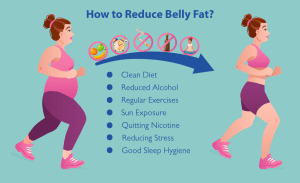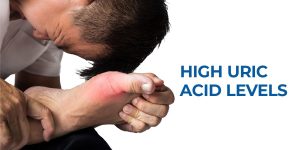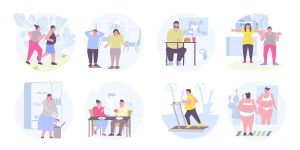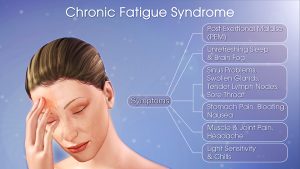The discomfort and struggles due to constipation can perhaps not be understood by someone who has not experienced it. The person having severe constipation is generally never comfortable and deals with anxiety and overall restlessness and makes various efforts for emptying the bowels.
Are you tired of struggling with constipation and feeling bloated and uncomfortable?
Do you wish there was an easy way to get your digestive system moving again?
Maybe you have been told everything but nobody told you about the need to take care of your peristalsis – the rhythmic contractions that move food through your intestines.
Let’s look at it holistically.
What is constipation?
Constipation is a condition in which there is difficulty passing stool or the inability to pass stool. There is a general feeling of lack of satisfaction after your poop. You feel as if there has not been complete emptying of bowels and some part is left inside. Sometimes, you are not able to poop at all for a couple of days. If this problem is not quite often and happens occasionally, then it is a different matter, however, if it continues regularly, you need to fix it.
There are several ways to treat constipation, including changes in diet and lifestyle.
In this article, we are focusing mainly on relieving constipation by correcting peristalsis.
What is peristalasis?
| Peristalsis is the involuntary movement of muscle in the intestines that pushes food into the digestive system. If your cause of constipation is due to this problem, then you probably need to fix this first. |
The sluggish movement of a bowl can be due to many reasons.
The food we eat is processed in our digestive track. The nutrients present in our food are absorbed by our intestines. After processing food in the small intestine, where the nutrients are absorbed, the food moves to the large intestine which absorbs water from this part of food waste. The remaining waste part is known as stool. In the case of the slow movement of stool in the large intestine, more water is absorbed from the stool thus making the stool dry, hard to pass and consequently making the colon sluggish.
| The slow movement of waste material in the colon provides more time for water absorption. This makes stools hard and decreases their movement. |
How to increase peristalsis?
There are things you can do to increase peristalsis and get things moving again.
The following will help in solving this problem:
- Drinking plenty of fluids: This will help to soften the stool and make it easier to pass and move further. Aim for at least eight glasses of water a day.
- Eating more fiber: Fiber adds bulk to the stool, making it softer and easier to pass and accelerating its movement. Good sources of fiber include fruits, vegetables, whole grains, and beans. If this type of fibrous food does not help then you can consider taking wheat bran or flaxseeds/flaxseed powder. Flaxseeds swell in the body, therefore you need to drink an additional glass of water after taking flaxseeds.
- Ginger: This anti-inflammatory herb helps to reduce bloating and cramps while stimulating digestion.
- Fennel: This carminative herb is known for its ability to soothe the digestive tract, reduce inflammation, and relieve gas and bloating.
- Chamomile: This calming herb can help to soothe an upset stomach while providing relief from constipation.
- Psyllium Husks: These natural fibers are a great source of soluble fiber which helps to soften stools and keep things moving along.
- Licorice Root: This herb has been used for centuries as a natural laxative that helps promote regularity.
| Foods to help- whole grains, vegetables, fruits, wheat bran, flaxseeds, ginger, fennel, licorice roots, prunes. Psyllium Husks etc |
| Increased water intake does great help. |
| Exercise and yoga help in reducing constipation |
| Reduce stress, it also helps |
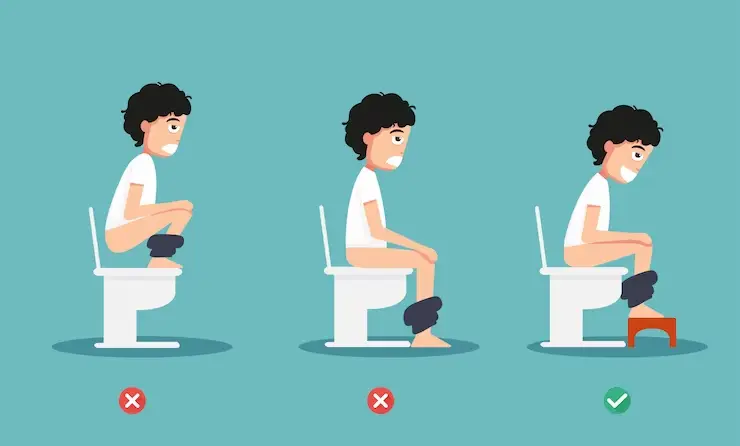
- Inulin-rich food such as Bananas, garlic, onions, dandelion roots, asparagus, Jerusalem artichokes, etc is also seen to be helping in the treatment of constipation.
- Stress is also linked to constipation and taking care of stress can lead to better handling of constipation.
- Certain medicines are also found to be causing constipation therefore identifying this cause and talking to your doctor can help you in this regard.
- While sitting for poop, your posture can also make a difference. Raising your legs and forward bending make things better.
- Prunes are also seen to be helping in making peristalsis better.
- Many people are found to have been helped in their constipation with magnesium supplements.
- Getting regular exercise and yoga: Exercise helps to stimulate the bowel and can help relieve constipation. There are specific body movements and poses that particularly help in this condition.
Yoga for better peristalsis
Yoga is an excellent way to improve peristalsis. Stretching and strengthening the abdominal muscles and yoga can help stimulate digestive activity and contractions of the intestinal muscles.
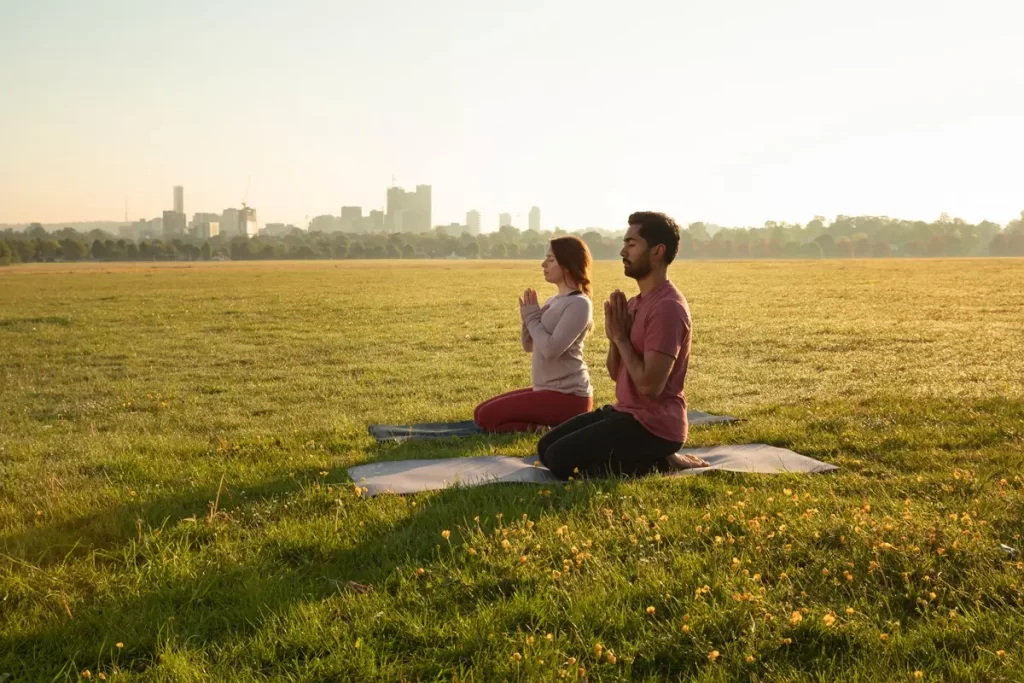
Certain poses are especially beneficial for improving it. These include:
- Bhujangasan
- Dhanurasana
- Vajrasana
- Pawanmuktasana
- Halasan
- Sarwangasan
- Paschimotanasan
- Crescent Twist
- Balasan
But be sure about any other health condition that does not allow you to do these yoga poses or exercises and decide the duration and frequency of the exercises according to your body’s specific needs.
Conclusion
Peristalsis is an important part of digestion and can be improved with a few simple steps. Eating more fiber, eating fruits and vegetables, drinking plenty of fluids, and practicing yoga are all excellent ways to increase peristalsis naturally. Herbs can also be useful for improving digestion and relieving constipation.
You have to be consistent in taking the above steps and with patience and observation, you can find out what are the food items responsible for increasing or decreasing your constipation.




